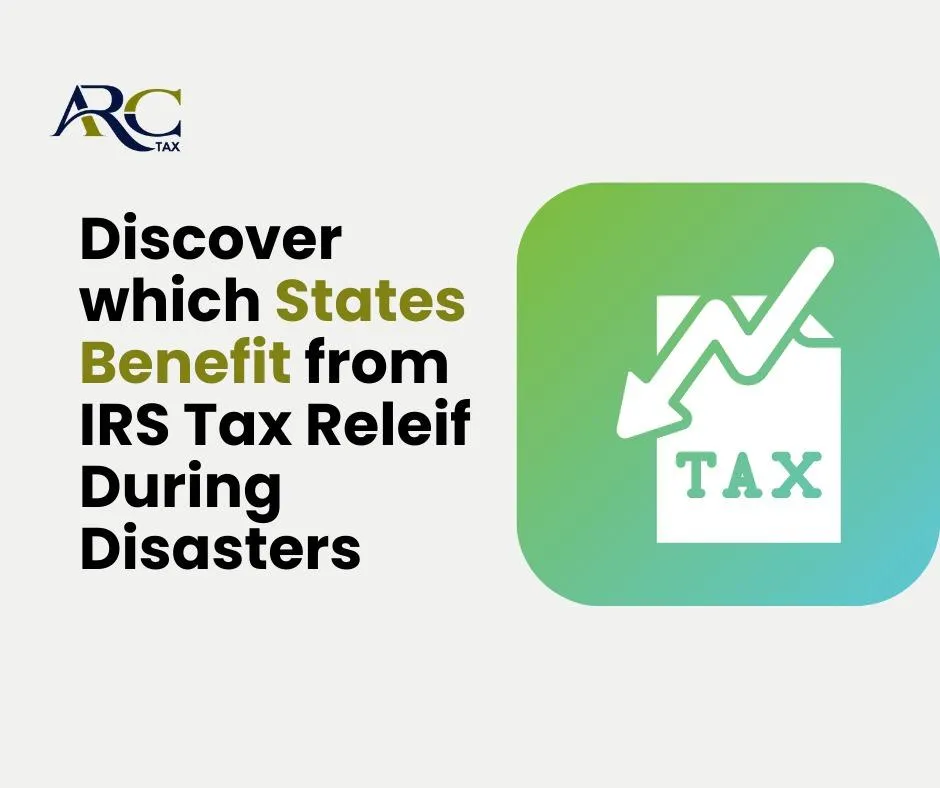Your refund, calculated
Want an idea of how much your refund will be before you file? Try our tax refund calculator. Give us a few numbers and we’ll crunch them for you. Get other tax question help with the rest of our tools and resources.

Common tax questions
As life changes, so does your tax situation — and the tax help you need. Find out what's relevant to your situation and interests and get your tax questions answered.
Life Stages
Work
Taxes101
Tax Breaks and Money
What's New
Explore all topics
Unique tax situation? No problem.
We're here to lend our years of expertise. Explore our blog to get the tax guidance you need to file confidently each year.

Discover Which States Benefit from IRS Tax Relief During Disasters
In the wake of recent severe weather events, the IRS has demonstrated its commitment to supporting affected taxpayers by granting tax deadline extensions across several states. These extensions are designed to provide crucial relief for individuals and businesses striving to rebuild and manage their financial obligations amidst the aftermath of natural disasters such as storms, hurricanes, and wildfires.
This article delves into the reasons behind these extensions, outlines the states that benefit, and emphasizes the importance of staying informed about these pivotal tax relief measures.
Why Extensions Are Granted ?
Natural disasters can wreak havoc on communities, causing widespread disruption to daily life. For many affected individuals and businesses, meeting tax filing and payment deadlines becomes an overwhelming challenge in the face of disaster. Recognizing these hardships, the IRS offers extensions to alleviate the burden of immediate tax obligations, allowing taxpayers the time they need to focus on recovery.
The decision to grant extensions is rooted in the understanding that financial stability is a cornerstone of effective disaster recovery. By providing additional time to gather necessary documents and file returns, the IRS helps ensure taxpayers are not penalized for circumstances beyond their control, thus facilitating a smoother transition back to normalcy.
Which States Are Affected?
Several states have received tax deadline extensions due to the impact of natural disasters. These include:
● Arkansas:
Extensions have been granted following severe storms and tornadoes, affecting multiple counties.
● Connecticut:
Severe storms and flooding have led to extended deadlines for impacted areas.
● Florida:
A series of severe storms and tornadoes prompted the IRS to extend filing deadlines for affected regions.
● Illinois, Iowa, Kentucky, Louisiana, Mississippi, New Mexico, Oklahoma, Pennsylvania, Texas, Washington, and West Virginia:
Various natural disasters in these states have resulted in extended deadlines, providing essential relief for residents.
Within each state, specific counties and regions qualify for these extensions based on the severity and timing of the disaster. It's crucial for taxpayers to verify whether their locality is included to take full advantage of the relief offered.
Extended Deadlines

The extended deadlines vary depending on both the state and the nature of the disaster. For example, taxpayers in certain regions of Louisiana and Florida now have until February 3, 2025, to file returns originally due in the latter part of 2024. This extension offers substantial relief, giving impacted individuals and businesses ample time to sort through the complexities of their financial situations post-disaster. Conversely, states like Iowa and Mississippi have deadlines moved to November 1, 2024, reflecting the earlier timing of the events that affected them.
These extensions apply to a range of tax filings, including income tax returns, estimated tax payments, and more. The flexibility provided by these new deadlines ensures that taxpayers can address their obligations without undue stress or hardship.
Importance of Staying Informed
Given the dynamic nature of disaster declarations and the IRS's responsive measures, it's paramount for taxpayers to stay informed about the latest updates. The IRS frequently revises the list of qualifying areas, and being aware of these changes is vital for ensuring compliance and maximizing relief benefits.
Taxpayers are encouraged to regularly visit the IRS’s official disaster relief webpage, where they can find the most current information relevant to their state or county. This proactive approach not only helps taxpayers stay abreast of any new extensions or updates but also empowers them to make informed decisions about their financial responsibilities during a challenging period.
Conclusion
The IRS's tax deadline extensions for disaster-affected states are a testament to the agency’s commitment to supporting communities in times of need. By understanding why these extensions are granted, which states are eligible, and the specifics of the new deadlines, taxpayers can navigate the complexities of disaster recovery with greater ease.
Staying informed and leveraging the available resources can significantly improve the tax filing process, allowing affected individuals and businesses to concentrate on rebuilding and restoring their lives.
For the most accurate and comprehensive information, taxpayers should always refer to the IRS's official announcements and resources. By doing so, they can ensure they are fully aware of their rights and responsibilities, making the path to recovery as smooth as possible.
See why we're trusted

Hours
Mon – Fri 9:00am – 5:00pm
Saturday – Appt only
Sunday – CLOSED
Location
3293 Stone Mountain Hwy
Ste G-116
Snellville, GA 30078
Phone
678-921-5278
© 2024 ARC Tax. All rights reserved.
